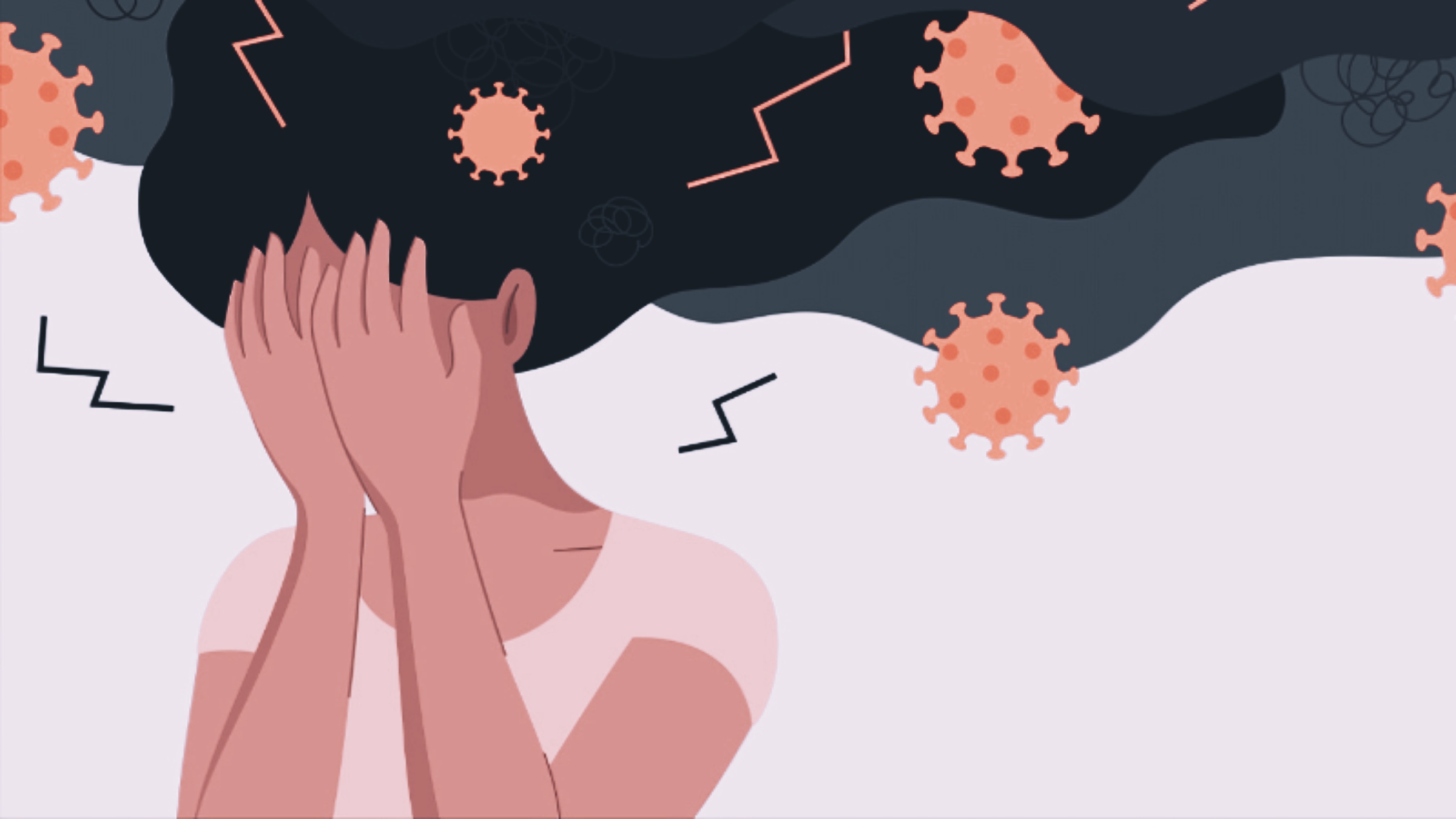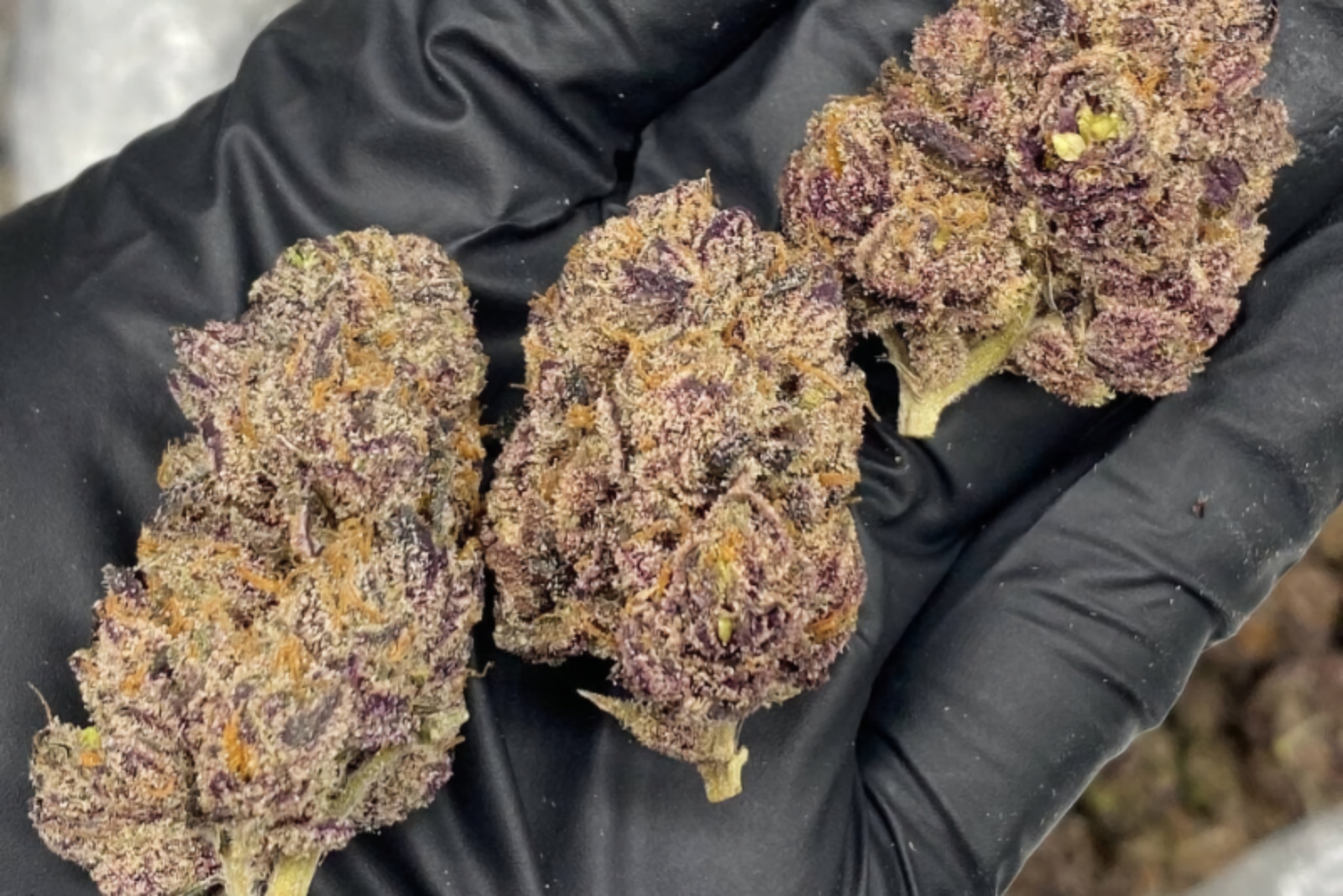Kratom is a naturally occurring drug that is growing rapidly in popularity. It comes from an evergreen tree in Thailand that is a “cousin” to the coffee tree, and has similar effects to opioids. However, the FDA considers it pretty much the same thing, and they’ve been trying to ban it nationally for years.
Their first plan to do this was by making it a Schedule I drug, therefore banning it for pretty much any purpose, but they were unsuccessful in getting the Health and Human Services secretary to sign off on this decision.
For an upcoming meeting with the World Health Organization Expert Committee on Drug Dependence, many drugs will be discussed, including kratom, and the FDA is asking for public comments that can help shape their arguments. At first, this sounds like they’re open for a changing of perspective, but with a very small window available for comments (up to August 9) and a very clear position in the past against kratom, there is concern that the FDA’s recommendation to WHO will be to schedule the drug on a global scale, effectively banning it in 37 countries around the world.
Kratom is increasingly used to help reduce the withdrawals of more addictive opioids, and to reduce pain for chronic patients. The FDA sees kratom as just another opioid, due to the fact that it connects to the same opioid receptors in the brain as morphine and other opioids. It has a risk of being overused, and deaths have occurred in the past from ingesting too much kratom.







